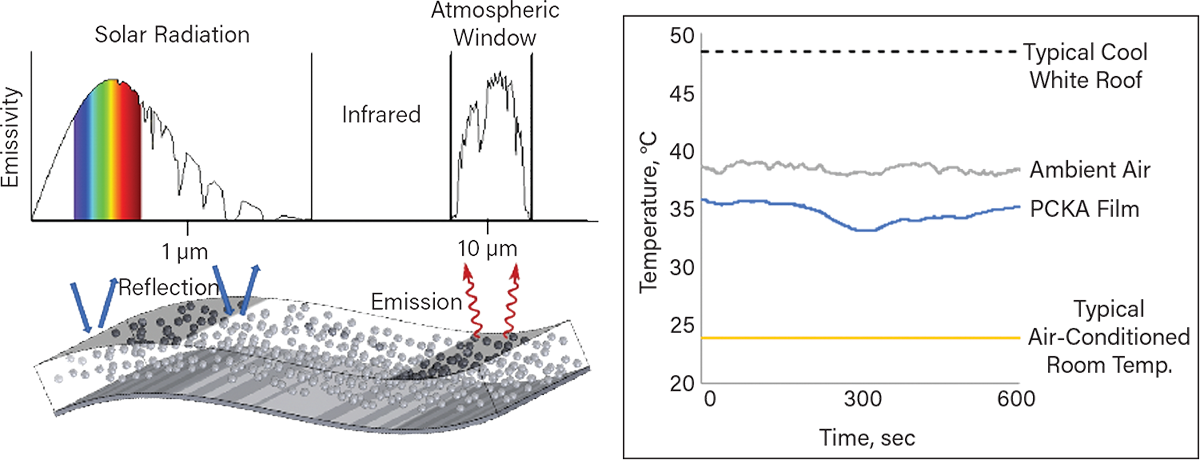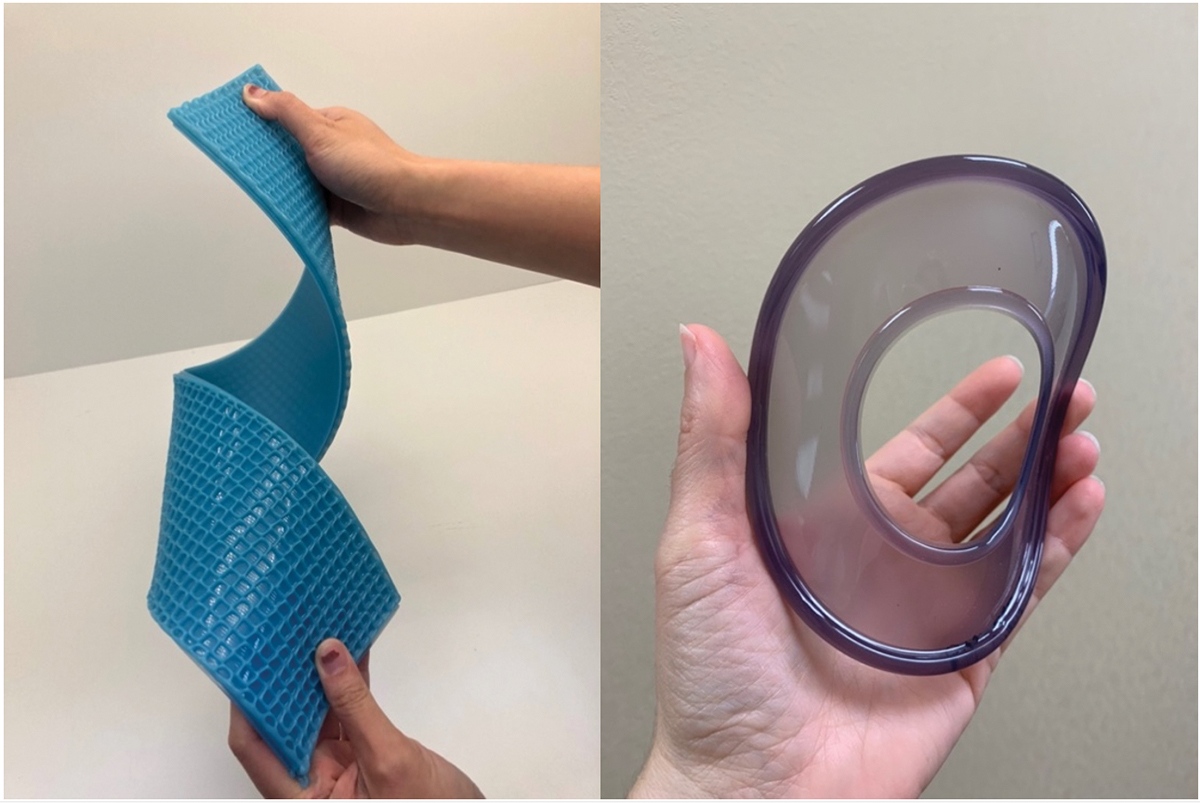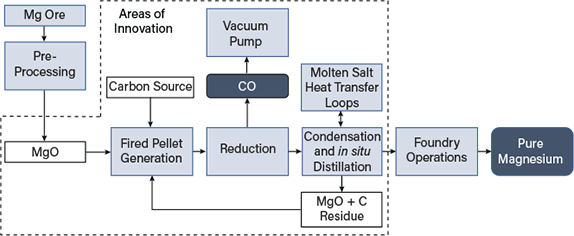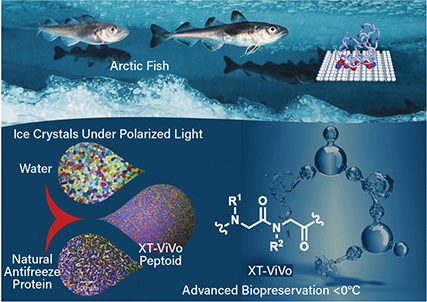NSF Funded Companies: In Partnership with CEP
These articles were written in partnership with the Chemical Engineering Progress about the work of some of our NSF funded companies.
Ultra-Cool Metal Roofing Material is Poised to Reduce Energy Needs
Place something in the sun, and it will heat up. The use of a reflective window shade in a car is a common way to prevent the interior from getting hot due to incident sunshine. Similarly, a building’s light-colored roof heats up less than a dark roof, but both can get much hotter than ambient air temperature.
Learn MoreIndustrial 3D Printing Surges Forward with High-Performance Elastomers
At a market size of $12 billion, additive manufacturing holds tremendous promise for industrial applications. On-demand production saves both time and money and can be more efficient than some traditional forms of manufacturing. Currently, however, 3D printing comprises less than 0.1% of all manufacturing, due in part to the finite number of printable materials that are viable for industrial use.
Learn MoreA Fast, Cost-Effective Path to Decarbonization of Heavy-Duty Vehicles
The world is in desperate need of technologies that can quickly and cost-effectively abate the 5-Gt annual CO2 emissions of heavy-duty sectors, such as on-road freight transportation and off-highway equipment. While electrification is helping to curb tailpipe emissions of light-duty and short-range transportation, large-scale deployment in heavy-duty sectors is still decades away. These industries need solutions today that can bridge the gap to a decarbonized future.
Learn MoreClean, Low-Energy Method for Primary Magnesium Metal Production
Magnesium metal is a critical infrastructure material commonly associated with structural lightweighting in automotive, aircraft, and portable electronic segments. Currently, China uses the silicothermic Pidgeon process to produce 85% of global Mg metal. This crude process, which emits on average 28 kg CO2eq/kg Mg, is inefficient and polluting, but its low labor and energy costs translate to the lowest metal price. “Although it supported the survival and development of the global magnesium industry, the Pidgeon process has no future due to its carbon footprint,” says Alexandru Rosu, the business development lead for private equity investment firm Amerocap LLC’s Romanian magnesium project.
Learn MoreBiopreservation Material Could End the Wait for Organ Transplants
The global shortage of transplantable organs has long been recognized as a significant challenge in the organ transplant supply chain. Only 10% of the worldwide need for organ transplantation is being met. On average, only 35% of all organs authorized for transplant are actually transplanted. Among the large solid organs, the lungs, intestine, and heart have the lowest utilization, partially due to their very short preservation times.
Learn More





